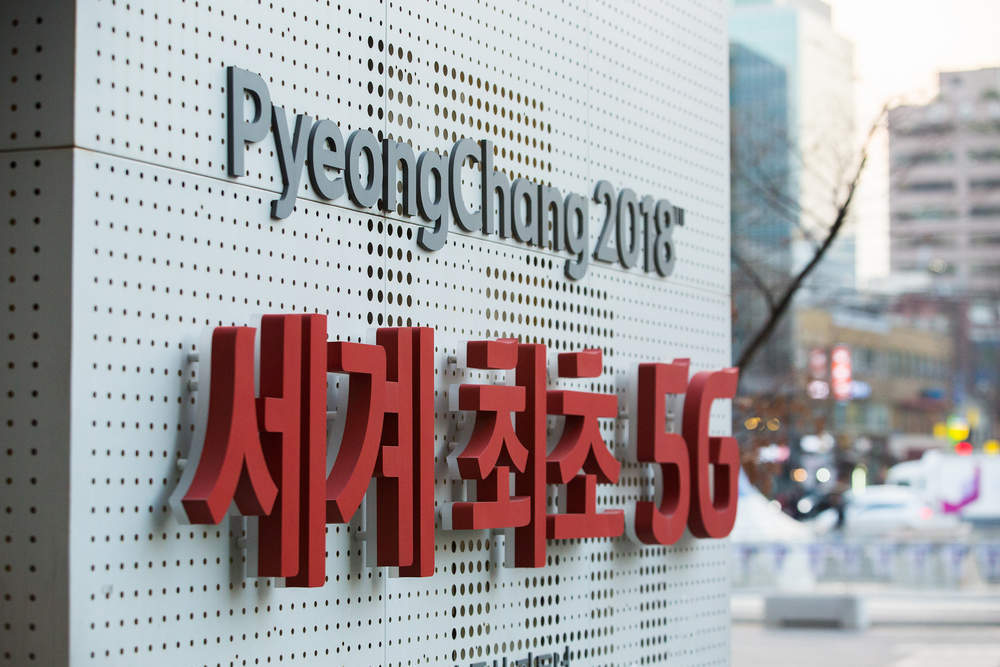
Sponsorship for the Winter Olympics has doubled in 2018 from the last games four years ago as it lures companies looking for a global audience.
The International Olympic Committee (IOC) has major sponsorship deals in place with 13 companies.

Access deeper industry intelligence
Experience unmatched clarity with a single platform that combines unique data, AI, and human expertise.
These sponsors get top billing and can show off their services during events and on TV.
To give a scale to the TV reach, the 2014 Winter Games in Sochi, Russia attracted an average of more than 21m US viewers during prime time.
This year’s record sponsorship of $464m, up 52 percent on the 2014 games, has been driven largely by Japanese car-maker Toyota, China’s ecommerce giant Alibaba, and US chip maker Intel.
Intel signed its deal with the IOC just last year and it will run until 2024.

US Tariffs are shifting - will you react or anticipate?
Don’t let policy changes catch you off guard. Stay proactive with real-time data and expert analysis.
By GlobalDataThe deal was signed just a a week after longtime Olympics sponsor McDonald’s quit its sponsorship deal three years early.
Intel is providing 5G wireless technology, drones, artificial intelligence platforms and other gear for use during Olympic events, beginning with the 2018 Winter Olympics in Pyeongchang, South Korea.
[visualizer id=”147230″] Source: SportcalMeanwhile, Alibaba is one of the few top Olympics sponsors signed with the IOC until 2028. It signed a deal in January last year and said it wants to upgrade the technology that keeps the Games running and is expected to provide cloud computing, ecommerce platforms, and digital media.
Alibaba has some 250 employees in Pyeongchang studying how the games are run to to try to find find ways to save future host countries money.
In 2015 Toyota became the first car company to join the IOC’s top-tier marketing program with an eight-year deal that shuts out rival car makers.
The deal officially started in 2017 and will run through until the 2024 Olympic games.
Conrad Wiacek, head of sponsorship at Sportcal, said:
This year has seen a significant jump in sponsorship value for 2018, mainly due to the volume of partners for this edition (14 in this games, compared to 10 in 2014) with the increase in revenue being driven mainly through Toyota, Alibaba and Intel.
Interestingly, Toyota is a Top partner and has paid a record amount for the partnership, but has agreed not activate within Korea due to the strength of Kia and Hyundai within that market – its focus is very much on 2020.
So-called Top partners must commit to a four year cycle that covers both the Summer and Winter Games.
[visualizer id=”147207″] Source: Sportcal [visualizer id=”147225″] Source: Sportcal [visualizer id=”147226″] Source: Sportcal






